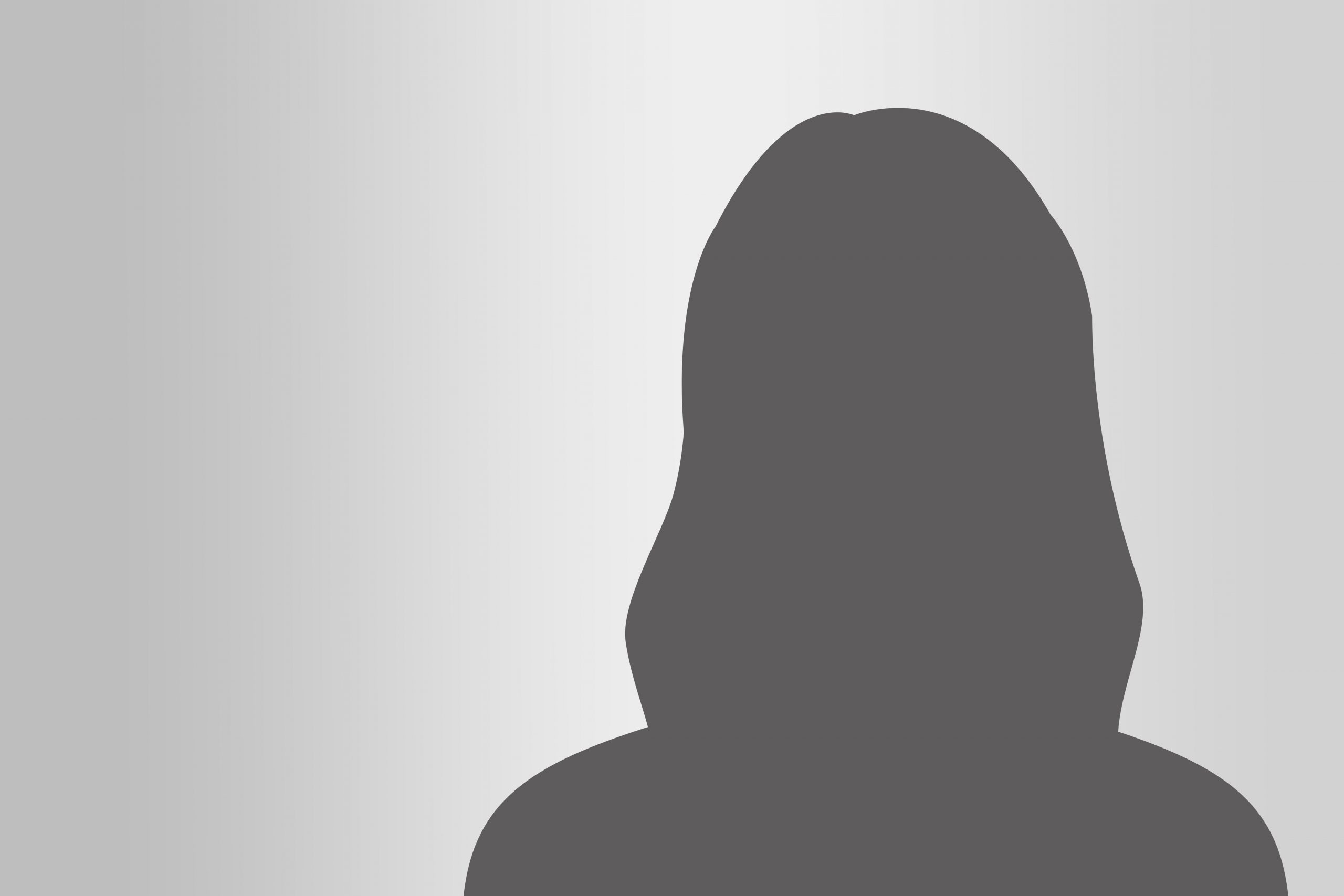Court of Protection: Insight Into The Mechanics Of The Brain And The Effects Of Brain Injury
The brain is one of the largest and most complex organs in the human body. It is made up of approximately 100 billion nerves that communicate in trillions of connections called synapses. However, the brain is incredibly fragile and injuries can manifest in a number of different ways. A traumatic brain injury (TBI) refers to damage to the brain caused by an external force and physical trauma, for example a blow to the head. Acquired brain injuries (ABI) can come about as a result of, for example, a stroke or brain tumour. Although extensive research has been conducted on the way the human brain functions, much of the synergy of the brain remains a mystery to scientists. However, there is plenty of information we do already know, which can give practitioners greater insight into the effects of brain injury.
Oftentimes, Court of Protection lawyers are not involved in the preliminary medical aspects of a brain-injured client’s journey, however, once they are declared to lack capacity to manage their affairs, we begin working extremely closely with them to support their daily needs. It is therefore beneficial to have some understanding of each client’s specific injury, the extent of that injury and the cognitive impact it has on them.
The brain is split into two hemispheres; generally the left hemisphere controls verbal, analytical and logical functions, whilst the right hemisphere is responsible for creative, imaginative and empathetic actions. The brain is further divided into different lobes:
- The frontal lobe, located behind the forehead, is responsible for carrying out activities such as planning and organising, and also controls emotions, behaviour and personality. Damage to this area may cause difficulty in recall, impulses and emotional control.
- The parietal lobes, which sit behind the frontal lobe, are responsible for our spatial awareness, sense of touch and visual perception. An injury to this area may lead to an individual struggling with their primary senses.
- The temporal lobes, situated behind the ears, deal predominantly with memory, understanding language and speaking. Damage to these lobes may result in difficulty communicating and/or memory issues.
- The occipital lobes, at the very back of the head, are responsible for vision. Any harm to these lobes might cause partial or total blindness.
- The Cerebellum is situated right at the back of our brain towards the bottom, and controls coordination of voluntary movement. Injury to this area could lead to loss of balance and affect our ability to move our limbs.
- The brain stem, connected to our spinal cord, controls our involuntary functions which keep us alive, such as breathing, heart rate and consciousness. Damage here causes concussion, loss of consciousness and occasionally long-term impairments.
We can see that these dysfunctions of the brain may result in a significant impact on executive functioning, as well as a wide range of behavioural difficulties. Whatever the cause of the injury may be, it is important to remember that no two clients will suffer from exactly the same effects, no matter how similar the circumstances of their injury are. It is clear that our brains recover from injuries at different rates, depending on a number of variable factors, and it is therefore crucial for a qualified practitioner to assess each individual carefully and thoroughly before making a decision about their level of mental capacity, as per the principles of the Mental Capacity Act 2005.
Fortunately, with rehabilitation, therapy and care provisions, a brain-injured client can be supported to manage their complex problems and lead a normal life as far as possible. It is also essential to recognise the brain’s astonishing ability to repair itself over time, which is why we regularly assist client’s to undergo reassessments of their mental capacity in order to promote their independence.
If you would like assistance or advice in relation to a Court of Protection matter, please feel free to give us a call on 0207 940 4000.
References
Allen Institute. 2021. 5 unsolved mysteries about the brain. [online] Available at: <https://alleninstitute.org/what-we-do/brain-science/news-press/articles/5-unsolved-mysteries-about-brain> [Accessed 23 April 2021].
Brain Injury Association of America. 2021. Functions of the Brain | Brain Injury Association of America. [online] Available at: <https://www.biausa.org/brain-injury/about-brain-injury/basics/function-of-the-brain> [Accessed 23 April 2021].
Headway.org.uk. 2021. About the brain. [online] Available at: <https://www.headway.org.uk/about-brain-injury/further-information/about-the-brain/> [Accessed 23 April 2021].
Headway.org.uk. 2021. Types of brain injury. [online] Available at: <https://www.headway.org.uk/about-brain-injury/individuals/types-of-brain-injury/> [Accessed 23 April 2021].
*Disclaimer: The information on the Anthony Gold website is for general information only and reflects the position at the date of publication. It does not constitute legal advice and should not be treated as such. It is provided without any representations or warranties, express or implied.*

No comments